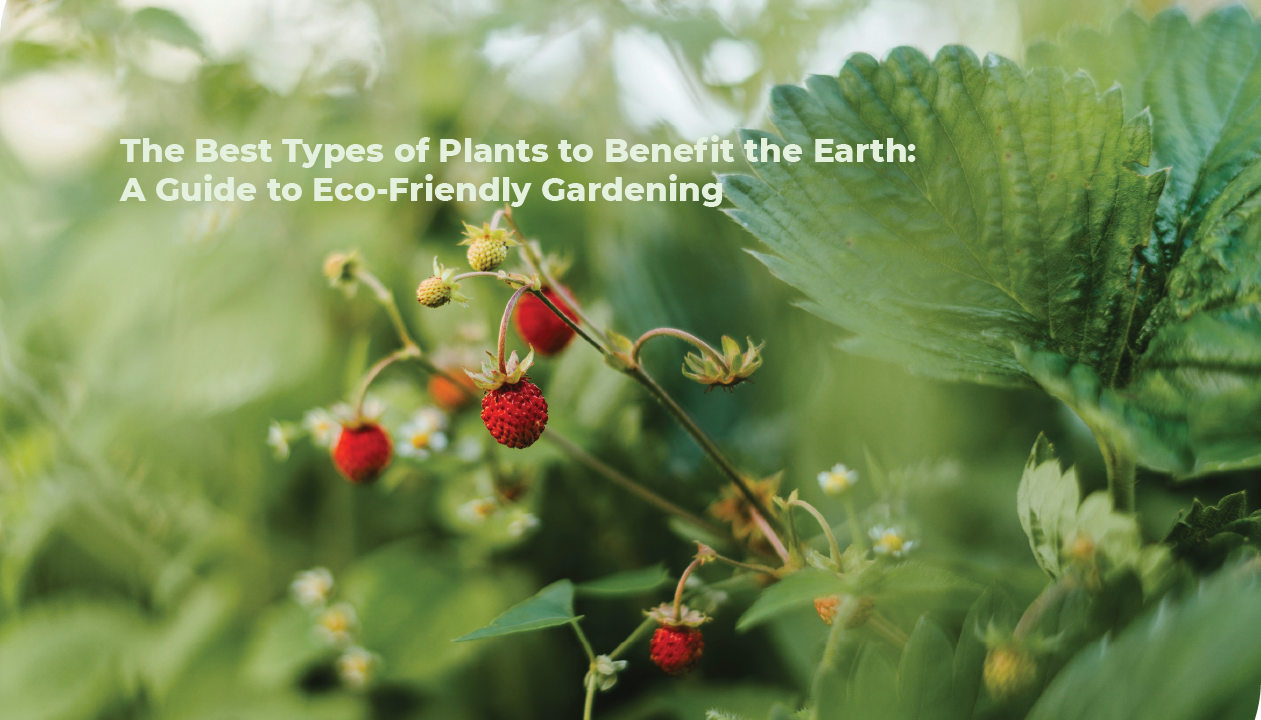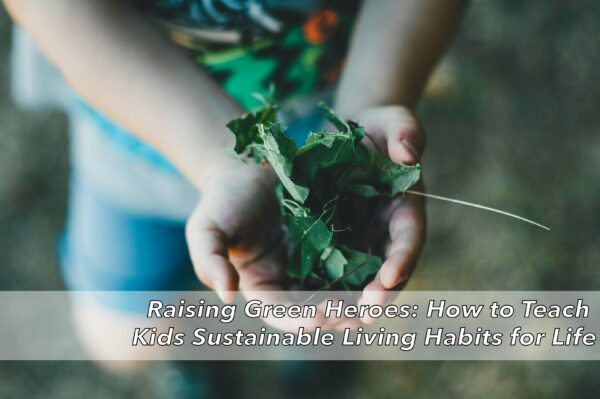Plants play a crucial role in maintaining the health of our planet. They help clean the air, support biodiversity, conserve water, and provide food and shelter for wildlife. If you’re looking to make a positive impact on the environment, consider incorporating these types of plants into your garden or community spaces. Here’s a guide to some of the best plants that benefit the Earth and promote sustainability.
1. Native Plants
Native plants are species that naturally occur in a particular region or ecosystem without human introduction. They are well-adapted to local soil, climate, and wildlife, making them an excellent choice for promoting biodiversity and sustainability.
Benefits:
- Support Local Wildlife: Native plants provide food and habitat for local birds, insects, and other wildlife, supporting a healthy ecosystem.
- Low Maintenance: They require less water, fertilizer, and pesticides than non-native species because they are adapted to local conditions.
- Prevent Invasive Species: Planting natives helps prevent the spread of invasive species that can disrupt local ecosystems.
Examples: Purple coneflower (Echinacea purpurea), milkweed (Asclepias spp.), and California poppy (Eschscholzia californica).
2. Pollinator-Friendly Plants
Pollinators, such as bees, butterflies, and birds, are essential for the reproduction of many plants and the production of fruits and vegetables. Planting pollinator-friendly species can help support these vital creatures.
Benefits:
- Biodiversity: Enhances the biodiversity of your garden and surrounding areas.
- Food Production: Supports the pollination of crops, which is crucial for food production.
- Ecosystem Health: Promotes healthy ecosystems by supporting a wide range of pollinators.
Examples: Lavender (Lavandula spp.), bee balm (Monarda spp.), and sunflowers (Helianthus spp.).
3. Trees
Trees are some of the most impactful plants you can add to your environment. They provide numerous ecological, economic, and health benefits.
Benefits:
- Carbon Sequestration: Trees absorb carbon dioxide from the atmosphere and store it, helping to mitigate climate change.
- Air Quality: They filter pollutants from the air, improving air quality.
- Shade and Cooling: Trees provide shade, reducing the need for air conditioning and cooling urban areas.
- Erosion Control: Tree roots stabilize soil and prevent erosion.
Examples: Oak (Quercus spp.), maple (Acer spp.), and pine (Pinus spp.).
4. Cover Crops
Cover crops are plants grown primarily to improve soil health, manage erosion, and increase soil fertility. They are often used in agriculture but can also be beneficial in home gardens.
Benefits:
- Soil Health: Improve soil structure, organic matter, and nutrient content.
- Erosion Control: Reduce soil erosion by covering the soil surface.
- Weed Suppression: Outcompete weeds and reduce the need for chemical herbicides.
Examples: Clover (Trifolium spp.), rye (Secale cereale), and buckwheat (Fagopyrum esculentum).
5. Edible Plants
Growing your own food is a sustainable practice that reduces reliance on industrial agriculture, lowers your carbon footprint, and promotes a healthy diet.
Benefits:
- Food Security: Provides a reliable source of fresh, nutritious food.
- Biodiversity: Supports garden biodiversity and attracts beneficial insects.
- Reduced Carbon Footprint: Lowers the carbon footprint associated with transporting food.
Examples: Tomatoes (Solanum lycopersicum), lettuce (Lactuca sativa), and herbs like basil (Ocimum basilicum) and mint (Mentha spp.).
6. Drought-Tolerant Plants
In regions prone to drought, choosing drought-tolerant plants can conserve water and reduce the need for irrigation.
Benefits:
- Water Conservation: Require less water, helping to conserve this precious resource.
- Low Maintenance: Often need less maintenance and care compared to more water-dependent plants.
- Sustainable Landscaping: Ideal for creating sustainable landscapes that thrive in arid conditions.
Examples: Succulents like aloe vera (Aloe vera), agave (Agave spp.), and ornamental grasses like blue fescue (Festuca glauca).
Incorporating these types of plants into your garden or community space can have a significant positive impact on the environment. Native plants support local ecosystems, pollinator-friendly plants enhance biodiversity, trees provide numerous ecological benefits, cover crops improve soil health, edible plants promote food security, and drought-tolerant plants conserve water. By choosing plants that benefit the Earth, you contribute to a healthier planet and create a more sustainable and resilient environment for future generations. Start today by adding some of these eco-friendly plants to your garden and enjoy the benefits they bring to your home and the planet.



